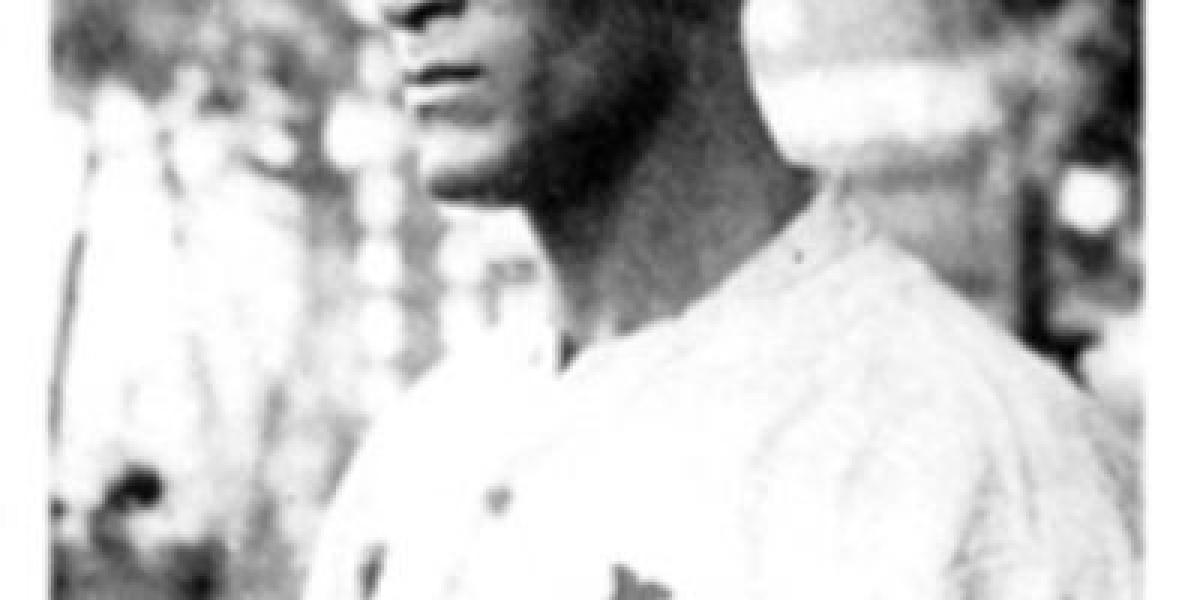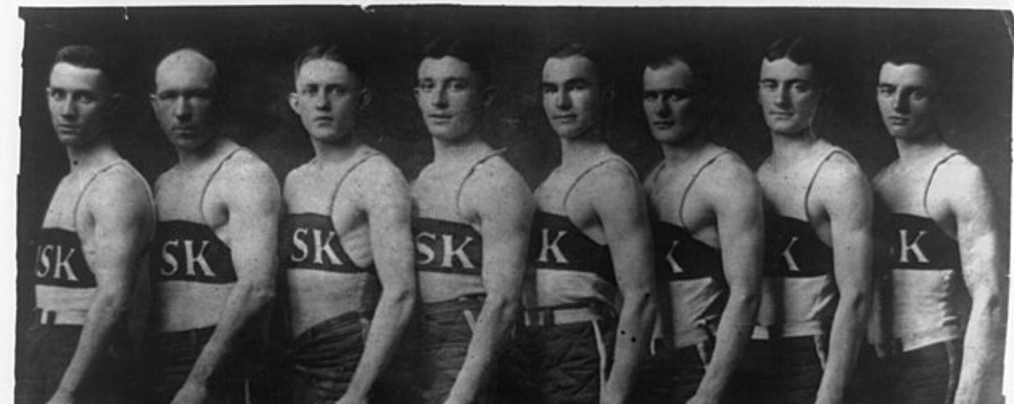Early Days and Rise to Prominence:
Williams' passion for baseball blossomed at a young age. He honed his skills playing for local teams before joining the San Antonio Black Bronchos in 1905. His raw talent and overpowering fastball quickly drew attention. By 1910, he landed a spot with the Chicago Giants, a prominent Negro League team. Here, Williams earned the nickname "Cyclone" for his devastating pitching repertoire. He faced some of the best black players of the era, including the legendary Josh Gibson, and consistently emerged victorious.
Dominating the Competition:
Williams' dominance wasn't limited to just one team. Throughout his career, he pitched for several powerhouse Negro League squads, including the New York Lincoln Giants and the Homestead Grays. He was known for his blazing fastball, pinpoint control, and a devastating curveball that left batters bewildered. In 1924, despite starting in relief, he famously struck out 25 batters in a 12-inning game, a testament to his exceptional talent.
A Career Marred by Segregation:
Williams' accomplishments were achieved against a backdrop of racial segregation. Denied the opportunity to play in the Major Leagues, he, like countless other talented black players, was relegated to the Negro Leagues. This undoubtedly limited his national recognition and the chance to compete against the best white players of his era. Despite this, Williams became a hero to black communities nationwide, inspiring young players and demonstrating the immense talent in the segregated leagues.
Legacy: A Titan Beyond Statistics
Smokey Joe Williams retired in 1932, leaving behind a legacy transcending statistics. Though official records from the Negro Leagues are incomplete, his dominance is undeniable. He was revered for his sportsmanship, leadership, and game knowledge. He served as a player-manager and mentored young players, ensuring the continuation of baseball excellence within the black community.




